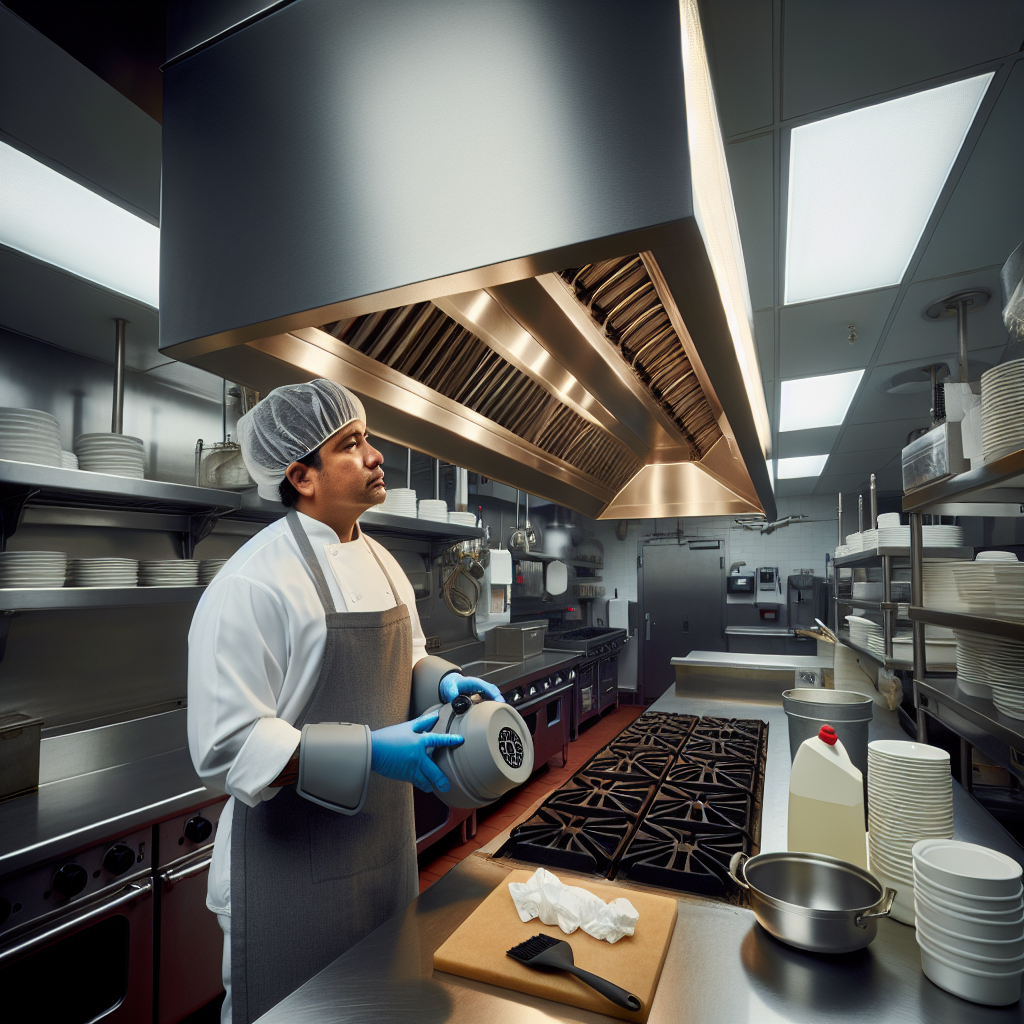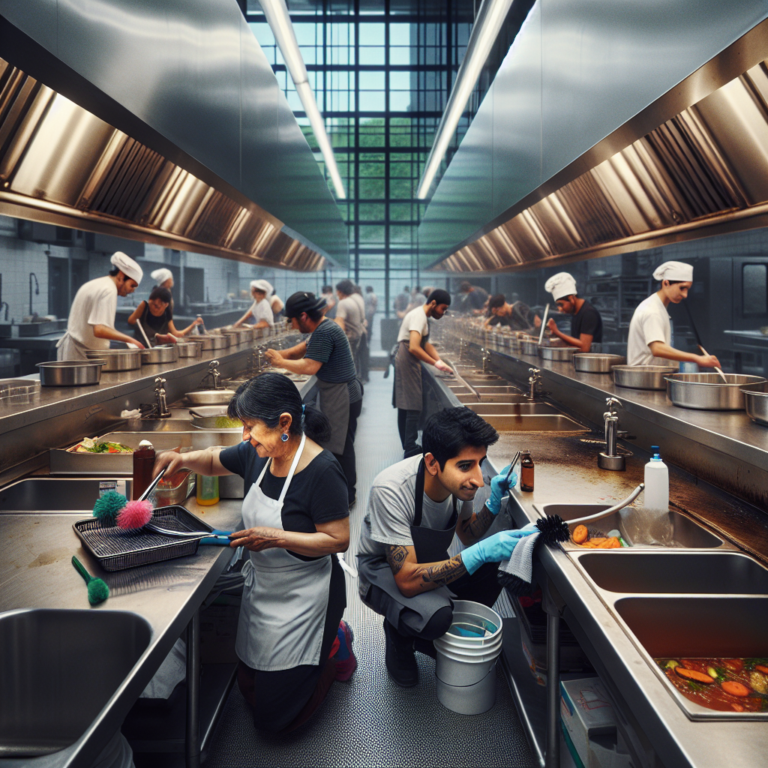Navigating Local Health Regulations for Effective Hood Cleaning
How Local Health Codes Influence Hood Cleaning Requirements
Running a commercial kitchen is no small feat. In bustling cities like New Orleans, it’s not just about the secret recipe or the perfect gumbo. It’s also about maintaining impeccable standards of cleanliness and safety. Among the plethora of regulations that restaurateurs must navigate, hood cleaning requirements often take center stage. But why are they so important and how do local health codes impact them? This article will delve into the significance of hood cleaning and how understanding local health codes is crucial for compliance.
The Importance of Hood Cleaning
In any commercial kitchen, the exhaust hood plays a vital role in maintaining a safe and healthy environment. It is designed to remove smoke, heat, and odors, but most importantly, it eliminates grease particles from the air. If left uncleaned, these grease particles can accumulate, creating a substantial fire hazard. Beyond the fire risk, a dirty hood system can lead to poor air quality, reduced efficiency in kitchen operations, and even pest infestations. Hence, regular restaurant hood cleaning is not just a health necessity, but a crucial safety measure.
The Role of Local Health Codes
Local health codes are set by city or state authorities and can vary significantly from one place to another. In the case of New Orleans, these regulations are influenced by both state directives and local ordinances. Health codes aim to protect the public’s health by setting standards that minimize risks associated with food service operations. Part of these standards pertain directly to the cleanliness and maintenance of commercial kitchen hoods.
New Orleans has its own set of specifications that outline the frequency and methods acceptable for commercial kitchen hood cleaning. Understanding these local requirements is crucial for compliance, as failure to adhere can lead to hefty fines, and in severe cases, the closure of a restaurant.
Key Elements of Hood Cleaning Compliance
When it comes to compliance with New Orleans hood cleaning regulations, there are several key elements that restaurant owners should be cognizant of:
- Frequency of Cleaning: Local health codes often dictate how often hood systems should be serviced. In New Orleans, this may vary based on the volume of cooking and the type of food being prepared. Generally, a high-volume operation or establishments that use charbroiling or fryer equipment will require more frequent cleaning.
- Certification and Documentation: Certification by a licensed professional in exhaust hood cleaning is usually required. This ensures the cleaning is performed up to standard. Documentation of each cleaning, including the date and scope of work, should be retained as proof of compliance.
- Inspection Standards: Regular inspections by local health officials are customary to ensure compliance. During these inspections, the inspectors ensure that cleaning procedures align with health code mandates, which makes documentation vital.
Navigating the Complexities of Health Codes
The complexities of health codes can be overwhelming, especially for new restaurant owners. Yet, adopting a proactive stance on hood cleaning requirements can ease this burden significantly. First and foremost, partnering with a professional cleaning service that is well-versed in the local health codes can make a world of difference. These professionals not only ensure thorough cleaning but also help maintain a schedule that aligns with regulatory requirements.
Secondly, restaurant owners and managers should prioritize training for their staff regarding the importance of exhaust hood cleaning. While external cleaning is critical, routine internal checks and maintenance can prevent major buildup between scheduled professional cleaning services.
The Repercussions of Non-Compliance
Ignoring or misunderstanding the health codes related to exhaust hood cleaning can have serious repercussions. Restaurants can face fines, legal action, and damage to their reputation. Moreover, in a competitive market like New Orleans, where diners have high expectations, maintaining a pristine and hygienic kitchen environment is integral to a restaurant’s success.
Fires originating from uncleaned hood systems not only jeopardize safety but can also lead to substantial financial loss. Insurance liabilities may not cover damages if it’s found that negligence in periodic cleaning contributed to the incident. Therefore, staying informed and compliant is not just about avoiding penalties; it’s a wise business practice.
Final Thoughts
Operating a restaurant in a dynamic culinary scene requires attention to detail, and understanding hood cleaning requirements is a critical part of that equation. Local health codes in New Orleans have clear directives for restaurant hood cleaning, and adherence is non-negotiable. With the guidance of professional services specializing in New Orleans Hood Cleaning, restaurant owners can rest assured that their establishment meets all necessary standards, ensuring the safety and satisfaction of their patrons.







